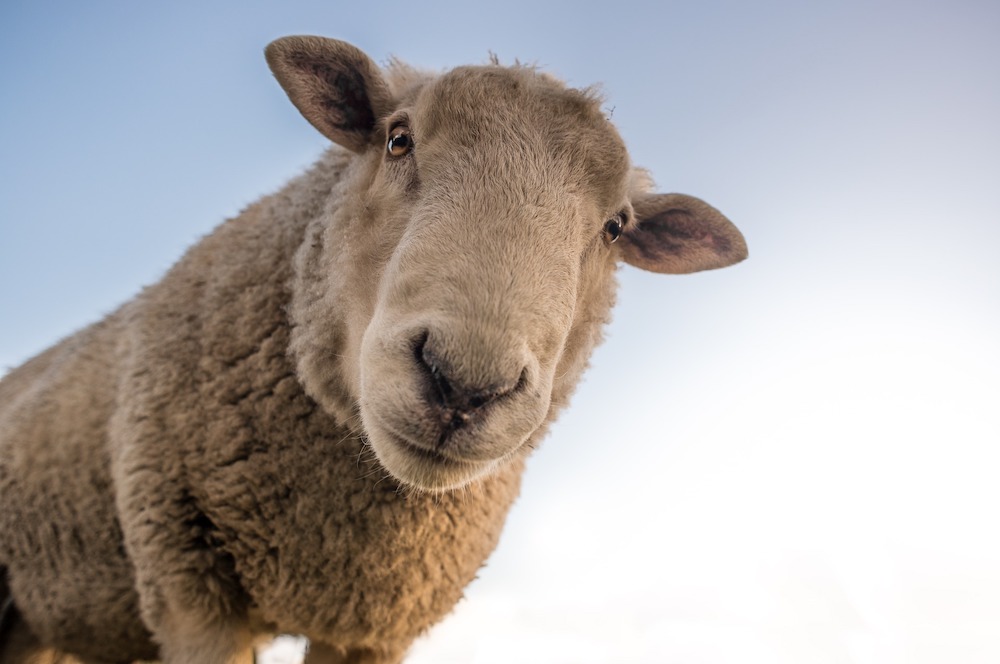Project explores breeding sheep to produce less methane
3rd October 2019
Led by researchers from Scotland’s Rural College (SRUC), the ‘Grass to Gas’ project will use scientific and industry expertise to measure feed efficiency and methane emissions.
Scottish scientists are exploring new ways to feed and breed sheep in order to reduce their environmental impact.
Led by researchers from Scotland’s Rural College (SRUC), the ‘Grass to Gas’ project will use scientific and industry expertise to measure feed efficiency and methane emissions.
Partners in countries as diverse as Norway, Uruguay and New Zealand plan to measure these traits at an individual sheep level. The aim is to find ways to identify animals with a lower environmental impact, which can then be selected as part of genetic improvement programmes.
SRUC sheep geneticist Dr Nicola Lambe said the work could also help to address the argument about the effect of eating meat on global warming, with sheep using land that is often unsuitable for other agricultural production.
In the first stage of the three-year project, researchers will trial different technologies, including sensors, imaging, electronic feeders and faecal markers, to find out how accurately they can predict feed intake and methane emissions.
Experimental work will then explore the relationship between feed efficiency and methane emissions from sheep housed indoors and at pasture.
Scientists plan to investigate genetic control of both of these factors, by looking at differences due to breed, sire, genetic line and breeding values.
Dr Lambe explained: “The reduction in greenhouse gas emissions is a global issue requiring a trans-national and trans-disciplinary approach.
“The project aims to produce tools to measure, or accurately predict, feed efficiency and methane emissions from both individual animals and sheep systems, which will provide the international industry with the means to breed, feed and manage sheep with reduced environmental impact as part of genetic improvement initiatives.”

